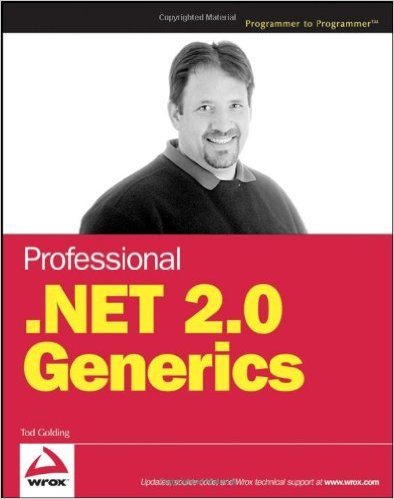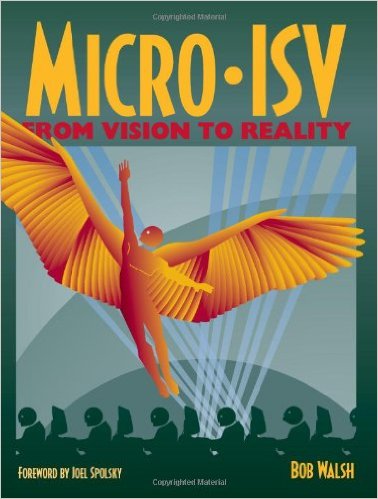Robert Bogue
February 20, 2006
No Comments
Ben Fulton was at a recent presentation I gave on the Impact of Coding Standards and Code Reviews on Quality while reviewing some of my referrers I came across a link to his blog. (Yes, I do occasionally go into my referrers, mainly to thank people for the link — thanks Ben.)
The one question that he raised on his blog that I didn’t fully understand during the presentation was “How do you get a Jr. Developer to review a Sr. Developer’s code?” Here are a few of my thoughts on this…
1) It’s a lot about personality and relationship. If you make the developer understand that it’s not about experience or position and is just about working together as a team it gets easier. I find that it starts to become natural after the culture shifts towards people doing reviews as a habit. Trying to make the Jr review the Sr developers work as the first thing is a bad idea.
2) It doesn’t have to be a formal code review to have value. I can’t say that the majority of times that I hand code over to a Jr developer that they do a full code review. However, I do make it clear that it’s their name that’s checking it into source control so they’re responsible for it. If I make a mistake they will be held to fixing it by their peers. It’s a part of the team commitment. So they may not send me back a complete set of comments, however, my hope is that they at least read the code.
3) If you can’t get comments at least get a read. Code reviews seem to work based on a whole bunch of factors. Simply reading each other’s code makes everyone better. It helps you understand what the other members of the team are working on and exposes potential descrepancies between your interpretation or understanding and theirs. This is a good thing.
At any rate. Good luck with getting code reviews to work in your organization.


